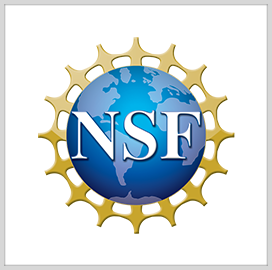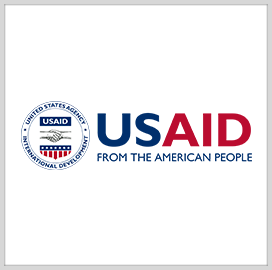
Database development
USGS Seeking Database to Help Tribes Adapt to Climate Change
The Northwest Climate Adaptation Science Center at the U.S. Geological Survey wants to establish a database designed to help tribal leaders and natural resource managers better cope with the effects of climate change. In a solicitation on Wednesday, the center told potential contractors that its envisioned Tribal Resilience Action Database would be a “culturally sensitive, easily accessible portal” that includes adaptation and resilience practices already developed by tribes, GCN reported Thursday.
The USGS is asking interested parties to expand a beta version of a Resilience Action Database already under development by the Geos Institute and Adaptation International. The vendor, in collaboration with tribal advisory groups, “must identify the information the database should capture, populate it with existing adaptation actions from tribes across the Pacific Northwest and share the information broadly across the region,” the agency said in the solicitation.
It was emphasized that all data to be reflected in the database is vetted by tribal and technical experts on climate adaptation and resilience. It is essential that the “traditional knowledge,” or the insights acquired by inhabitants over hundreds of years, is not inappropriately “collected or shared” through the database, the USGS added.
Such requirements are in accordance with the U.S. government’s Guidelines for Considering Traditional Knowledge in Climate Change Initiatives, the agency explained. The database should be complemented by a tribally focused, user-friendly web portal, allowing for custom searches and displays information in a culturally sensitive manner.
The Climate Impacts Group said that many tribes in the U.S. are vulnerable to the impacts of climate change because of their close dependence on and connection with the natural environment for their culture, health and livelihoods. It was explained that most tribes have reservations and treaty rights that are connected to specific places and resources, challenging tribes’ mobility and flexibility to go elsewhere in response to future changes. Additionally, many tribal communities face difficult social and economic conditions that may be exacerbated by climate change.

Category: Digital Modernization




